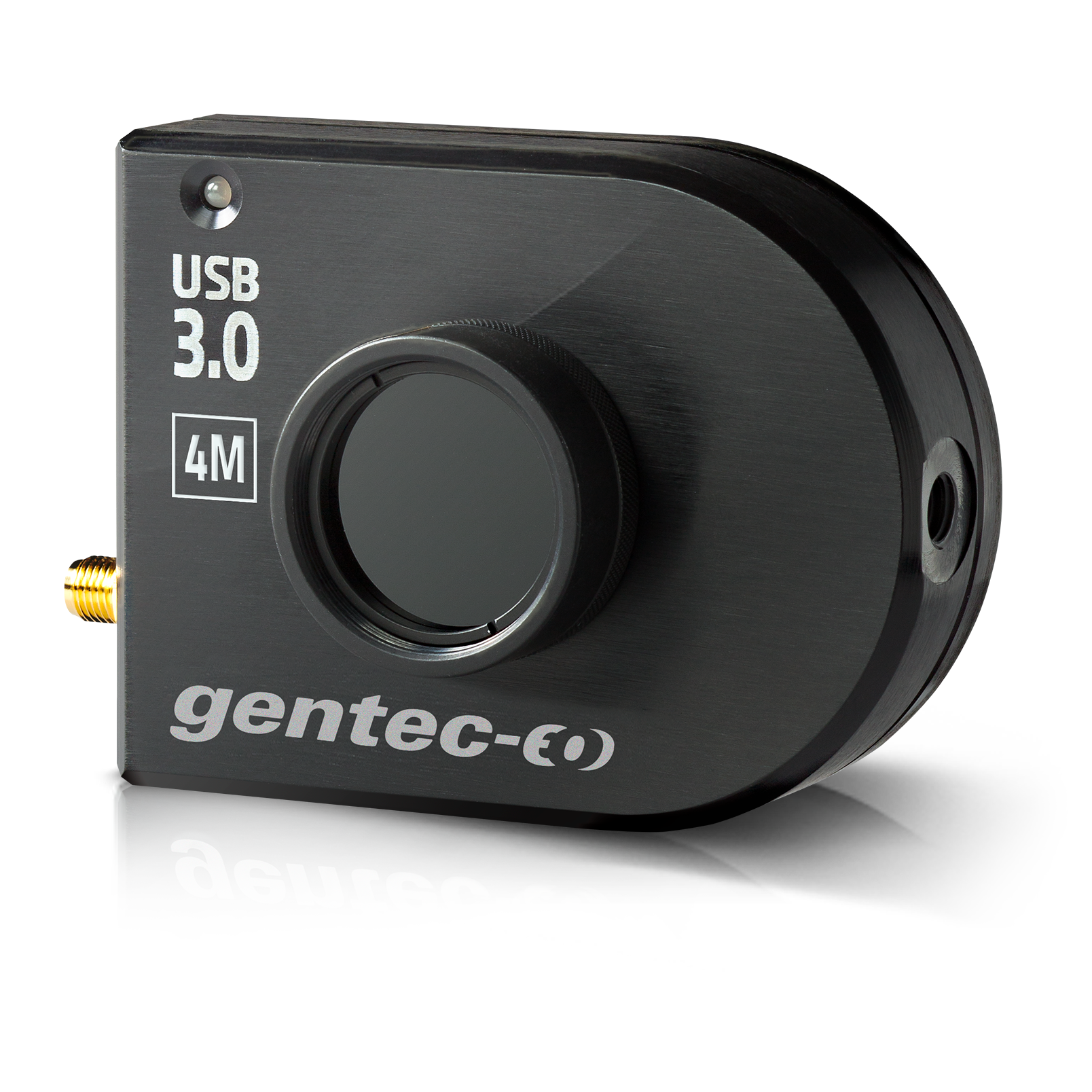Contents

Source: Laser Components
Understanding Beam Profilers for Laser Beam Characterization
Introduction
A beam profiler, also known as a beam analyzer or mode profiler, is a crucial tool for characterizing laser beams. It provides detailed information about the intensity profile of a laser beam, including its shape and beam quality.
Importance of Beam Profilers
Beam profilers play a vital role in various applications, such as laser alignment and monitoring beam quality for laser material processing. By analyzing the beam profile, users can ensure consistent and optimal performance of their laser systems.
Types of Beam Profilers
There are two main types of beam profilers: camera-based profilers and scanning profilers.
Camera-based Beam Profilers
Camera-based beam profilers utilize digital cameras, such as CCD or CMOS sensors, to capture the beam profile. These profilers offer high resolution and are suitable for visible and near-infrared wavelengths. They are versatile and can handle a wide range of beam sizes.
Scanning Beam Profilers
Scanning beam profilers use mechanical components like slits, knife edges, or pinholes to scan the beam profile. They are ideal for high spatial resolution measurements and can cover a broad range of optical powers. Scanning profilers are particularly useful for beams close to Gaussian in shape.
Key Considerations for Choosing a Beam Profiler
When selecting a beam profiler, several factors need to be considered:
– Range of beam sizes to be measured
– Accuracy requirements
– Beam shape complexity
– Dynamic range of optical powers
– Connectivity options (e.g., PC interface)
– Software features for data analysis
– Handling of temporally varying power levels
Beam Attenuation
In many cases, it is necessary to attenuate the laser beam before it enters the profiler to prevent damage to the camera or sensor. Proper beam attenuation is essential to avoid issues like interference effects or thermal lensing.
Conclusion
Beam profilers are indispensable tools for laser users to optimize beam quality and performance. By understanding the different types of profilers and key selection criteria, users can effectively characterize and monitor their laser beams for various applications.

Source: Wikipedia
Feel free to comment your thoughts.



